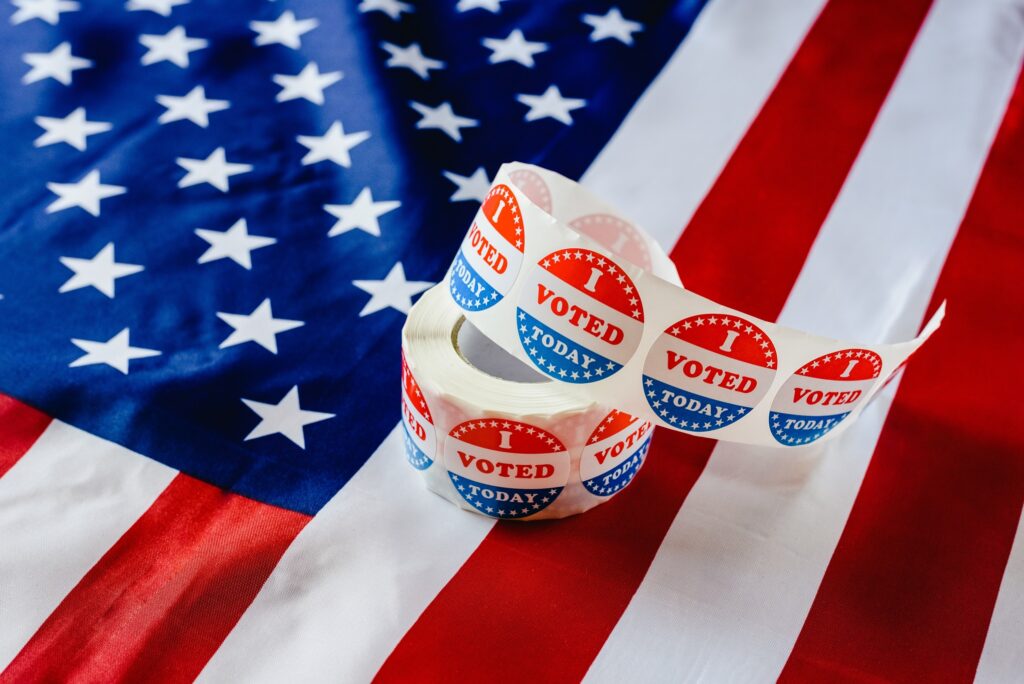The room is getting smokier on Internet sales taxes
I recently wrote about what I called the “smoky room” strategy to pass Internet sales tax collection legislation in Congress. I worried out loud about an effort by sponsors of a law that would allow states to impose tax collection requirements on businesses without regard to their physical location to attach their baby to any big “fiscal cliff” or “Taxmageddon” legislation coming near the end of this year. Because this issue is somewhat dense and would constitute a tiny piece of any multi-trillion dollar legislative package, I’m concerned that it could pass as part of some bigger deal when it could never pass on its own merits.
Turns out I wasn’t crazy to worry. Though there’s no news story to link you to on it, I’ve been hearing reports from friends on Capitol Hill and elsewhere that sponsors of the misguided Marketplace Fairness Act in the Senate are pushing hard to make sure their bill gets attached to the last train out of town in the lame duck. It’s probably bad form to quote myself, but I’ll do it anyway to describe why this is a terrible idea:
“The reason that all brick-and-mortar retailers are forced to collect sales taxes while few online retailers are is because of something called the “physical presence standard.” This is a very basic concept, something upon which almost all of our tax code is built, which says that states are generally prohibited from imposing tax collection obligations upon businesses that are not physically located within their borders. This is a common-sense protection that guards businesses from predatory state revenue collection efforts which, if left unchecked, threaten interstate commerce and economic development. The physical presence standard was clarified most recently by the U.S. Supreme Court which, in 1992′s Quill v. North Dakota, ruled that Bismarck officials couldn’t force Delaware-based Quill Corp. to submit to its sales tax scheme because they didn’t have any physical presence in North Dakota.
The Marketplace Equity/Fairness Acts would destroy that key taxpayer protection in a misguided attempt to “level the playing field” between traditional and online sellers. In reality, however, it would create the exact opposite of a level playing field. Brick-and-mortar sales would be governed by a simple sales tax collection requirement based on the single location of the business from which the item is purchased, while online sales would be governed by the rules and regulations of more than 9,600 sales tax jurisdictions across the country based on the shipping addresses of the customers making the purchase.”
What’s so sad about this debate is that the Marketplace Fairness/Equity Acts are not the only way to address perceived imbalances between brick-and-mortar and remote retailers (most of whom are both brick-and-mortar and remote retailers under one banner, by the way). You can address those issues at the federal level without trampling on common-sense principles and taxpayer protections the way those pieces of legislation do.
The right solution is origin-based sourcing, also known as effectively the exact same system that we have for brick-and-mortar sales: require every business to collect sales tax based on ITS physical location, not the location of their customer. Only one tax jurisdiction to deal with, only one sales tax code to deal with, and it ensures that every sale (whether brick-and-mortar or online) has tax collected when it occurs in a state with a sales tax. That system would be radically simpler, would protect the physical presence standard that serves as a strong protection from overzealous out-of-state tax collection, and would engender bona fide tax competition to boot since retailers would have incentive to locate in low-tax jurisdictions. Our friends at the Competitive Enterprise Institute wrote a great paper on it earlier this year.
It’s a shame, then, that the conversation in Washington is instead focused on such bad and damaging ways to “fix” things like the Marketplace Fairness Act. The good news is that conservatives and taxpayer activists are united against that approach. Hopefully those efforts can stave off this bad bill until next year, when we can encourage Congress to draft a uniform origin-based sourcing law to address things in a productive way.






